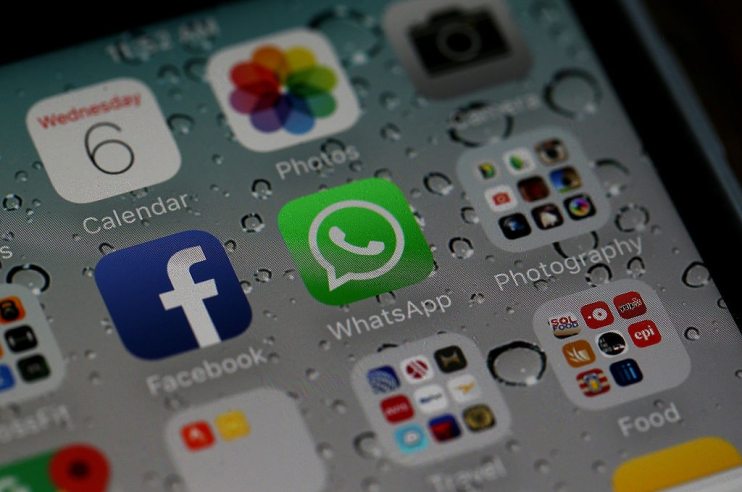MPs: Online harm bill a “missed opportunity” to rein in tech giants

Martyn Landi / Press Association
The Government’s draft Online Safety Bill would fail to prevent the sharing of the most “insidious” images of child abuse and violence against women and girls, a new report from MPs has warned.
The House of Commons Digital, Culture, Media and Sport (DCMS) Committee said the draft legislation is currently neither clear nor robust enough to tackle some forms of illegal and harmful content.
Its report says the Government needs to address some types of content which are currently technically legal, citing examples such as the activity of “breadcrumbing” in child abuse – where perpetrators carefully edit images to subvert content moderation to stay online – as well as types of online violence against women and girls, such as deepfake pornography.
MPs said the Bill’s definition of illegal content must be reframed to combat these concerns, and more should be done to define the risk around activities that fall below the threshold of criminality but nonetheless form part of the sequence for online abuse.
Elsewhere in their report, the DCMS committee said the draft Bill fails to correctly balance freedom of expression and tackling harmful content, with MPs warning that the current focus on remedial measures such as fines could lead to excessive takedowns by platforms in order to avoid penalties.
“In its current form what should be world-leading, landmark legislation instead represents a missed opportunity,” said DCMS Committee chair Julian Knight.
“The Online Safety Bill neither protects freedom of expression nor is it clear nor robust enough to tackle illegal and harmful online content.
“Urgency is required to ensure that some of the most pernicious forms of child sexual abuse do not evade detection because of a failure in the online safety law.
“These are matters of important public debate to which we will return as the Bill makes its way through Parliament.”
The recommendations come in the wake of another report by MPs and peers on the Joint Committee on the Draft Online Safety Bill – published in December – which said the draft online safety laws needed to bring more offences into scope, such as paid-for scam and fraudulent advertising, cyber flashing, content promoting self-harm and the deliberate sending of flashing images to people with photosensitive epilepsy.
The Government has already suggested “significant improvements” could be made to the draft Bill, with Culture minister Chris Philp telling MPs during a debate in the Commons earlier this month that there were a “number of areas” where the Online Safety Bill can be “improved substantially”.
A revised piece of legislation is expected in the coming months.
A DCMS spokesperson said: “We do not agree with the criticism of the committee.
“The Bill has been recognised as setting a global gold standard for internet safety.
“It has strict measures including a duty of care to stamp out child sexual abuse, grooming and illegal and harmful content.
“There are also stringent rules to make sure tech firms and Ofcom protect people’s free speech and privacy, so content is not taken down without good reason.
“The Bill will make the UK the safest place to go online while protecting freedom of speech. ”
NSPCC chief executive Sir Peter Wanless said: “It’s crucial the Bill is tightened to comprehensively respond to the child abuse threat.
“The legislation needs to unambiguously tackle grooming across multiple platforms, and prevent abusers being able to exploit gaps that allow them to continue to commit and organise abuse in plain sight.”
